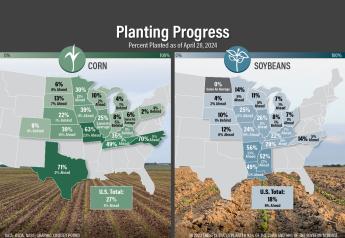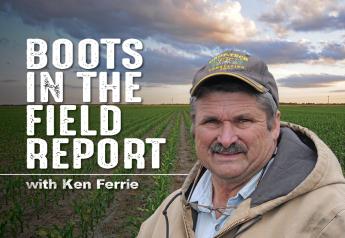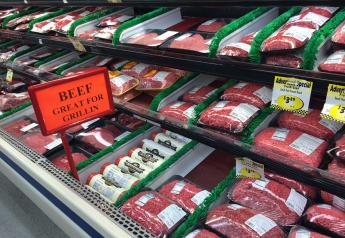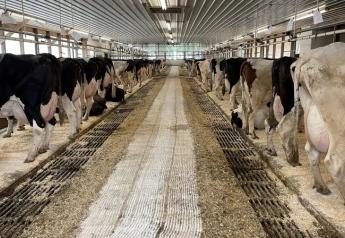USDA Could Use the Farm Bill's Conservation Title for Climate Change

USDA could use its biggest land stewardship programs — the Conservation Reserve, the Environmental Quality Incentives Program (EQIP), and the Conservation Stewardship Program (CSP) — to combat climate change, wrote University of Maryland professor Erik Lichtenberg in a think tank report. But to make the programs as effective as possible, he said, Congress would have to reorient them, a risky move that could cut into their support.
“Reforestation is the largest potential source of carbon sequestration and therefore climate change mitigation,” wrote Lichtenberg in the American Enterprise Institute’s Monthly Harvest report. However, the Conservation Reserve, for example, which pays landowners to take fragile land out of production for up to 15 years, is focused on the Great Plains and the Midwest. Revamping the program to promote carbon sequestration through planting trees is “politically fraught,” since it would shift the reserve to new regions. “Whether Congress has the will to make such a change is open to question,” wrote Lichtenberg.
Congress has spelled out that half of EQIP spending will go to livestock-related projects. States receive a portion of EQIP funds based on their ag activity and use the money to share the cost of new conservation practices with farmers.
“Revisiting EQIP funding allocation rules should be on Congress’ agenda," says Lichtenberg.
The CSP, the USDA’s first green payment program, “holds greater potential for climate change adaptation and mitigation,” said Lichtenberg. The USDA could, on its own, revise the ranking system that helps determine which projects receive assistance.
“The programs in the farm bill’s conservation title can help U.S. ag deal with climate change,” Lichtenberg wrote. “Moreover, using these programs to deliver climate change adaptation and mitigation measures likely saves on administrative costs, since the systems to implement these programs are already in place and piggyback on delivery of other programs.”







